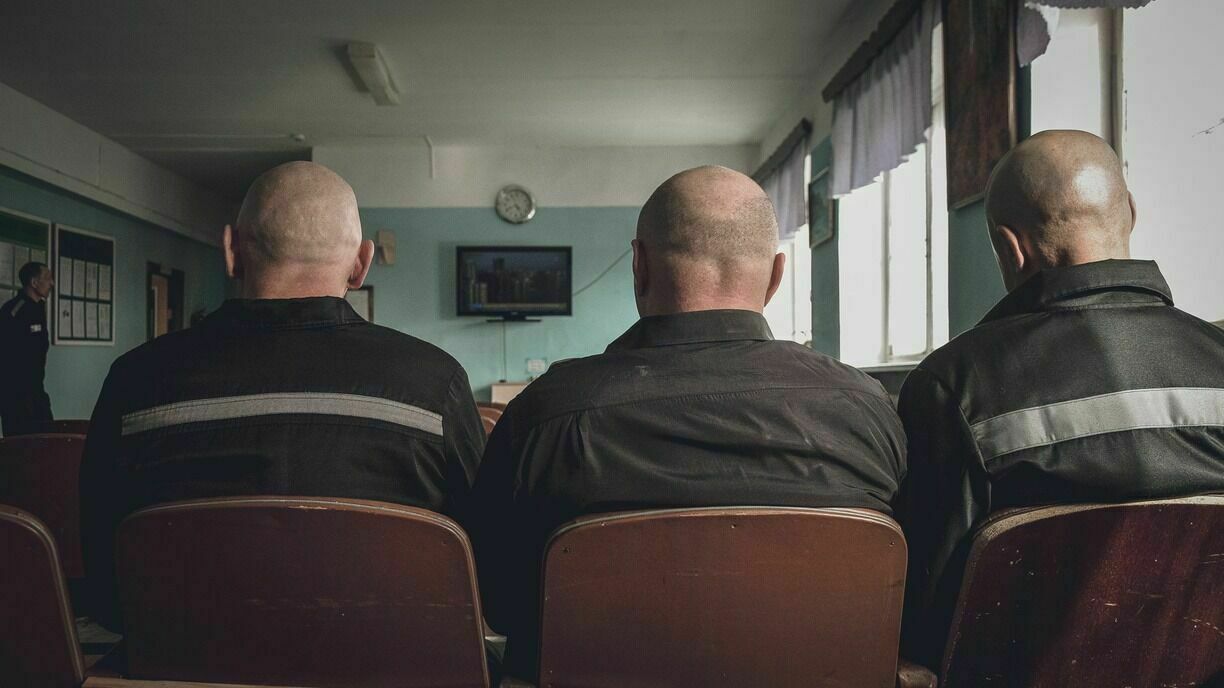Posted 3 марта 2023, 06:30
Published 3 марта 2023, 06:30
Modified 3 марта 2023, 08:03
Updated 3 марта 2023, 08:03

Prisoners with HIV are left without the necessary medicines
This was reported by Izvestia with reference to the complaint of the public movement "Patient Control". According to public figures, complaints about the shortage of medicines come from seven regions, and most often from Samara region.
In addition, complaints about the lack of medicines come from Volgograd, Leningrad, Nizhny Novgorod, Novosibirsk, Rostov and Sverdlovsk region. Patients report that the medications atazanavir, dolutegravir, rilpivirine + tenofovir + emtricitabine (three drugs in one tablet), ritonavir, lopinavir + ritonavir, darunavir have disappeared.
The Federal Penitentiary Service denies data on the shortage of medicines, stating that there is a "sufficient" supply of drugs. They explain the data by the fact that the colonial authorities did not complain to the federal center about this.
At the same time, information on public procurement shows that over the past year, the colonies purchased 17.8% less funds for HIV than a year earlier.
Today, the problem of HIV in Russia is very acute: over 800 thousand people are sick on the territory of the Russian Federation, and these are only official figures. At the same time, experts believe that HIV infection has a "hidden part of the iceberg". And many patients in the colonies are afraid to complain about any shortage of medicines, fearing punishment in the form of placement in a Penalty isolator.
"Almost all drugs have run out. The doctor gives out what he has, but soon it will end. Therapy and treatment should not be interrupted even for a short time. This can lead to tragic and irreversible consequences and death," the publication quotes the complaint of a convict from the Samara region.
Some patients are either not given pills at all or change previously prescribed regimens to others. However, the problem is that the patient's body adapts to new drugs for several months, in the case of replacement, many negative reactions of the body worsen — dizziness, nausea and other unpleasant consequences occur. Doctors do not recommend stopping treatment, even for a short time: this can lead to irreparable consequences for the body.
Previously, many regions of the country received complaints from patients about the lack of certain medications. For example, in the Kostroma region, patients complain about the complete disappearance from the pharmacy chain of the anticonvulsant medication Depakin Chrono 300 for patients who have experienced traumatic brain injuries. Applications for its delivery are not accepted by any pharmacy chain.
The regional Department of Health told the patients that "until now, there have been no offers from suppliers for the Depakin Chrono 300 drug, therefore it is not yet possible to purchase this medicine." In conditions of shortage, patients are offered to switch to other drugs with the same active substance and contact doctors "to change the treatment regimen".
At the same time, the Minister of Health of the Russian Federation Mikhail Murashko told Interfax journalists on March 3 that there is no shortage of medicines in Russian pharmacies today, supply chains have "adapted to the current situation".
"What is the deficit? There is no shortage", - Murashko said, answering a question about the availability of medicines in pharmacies.